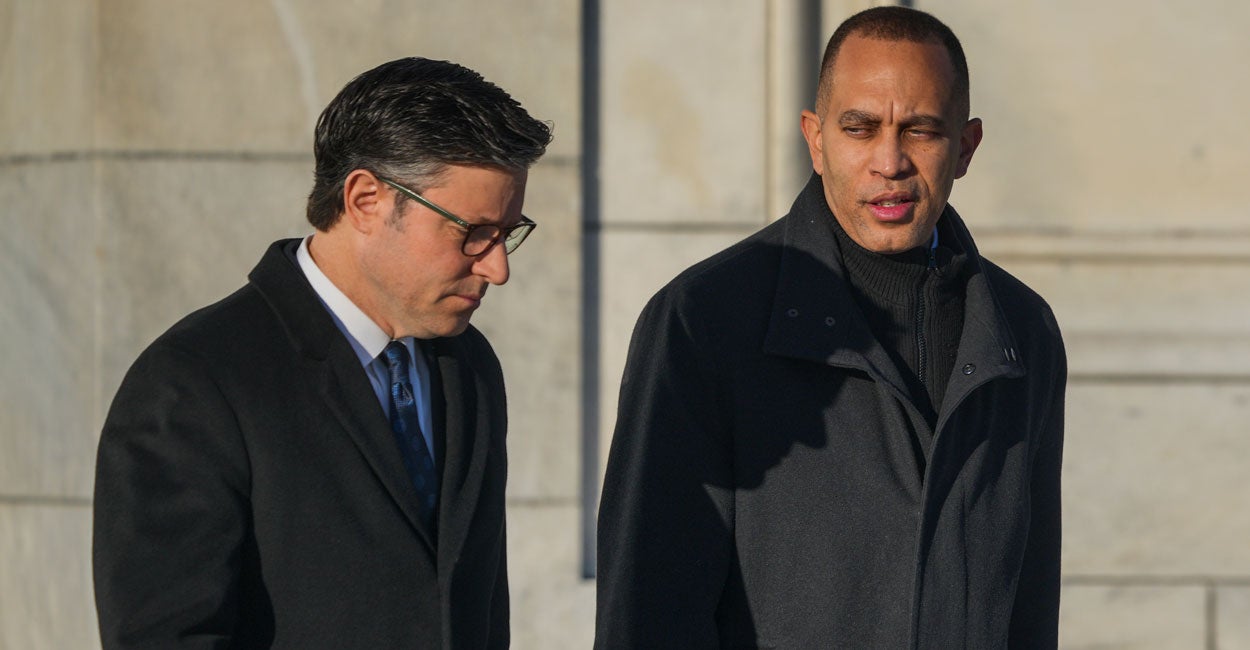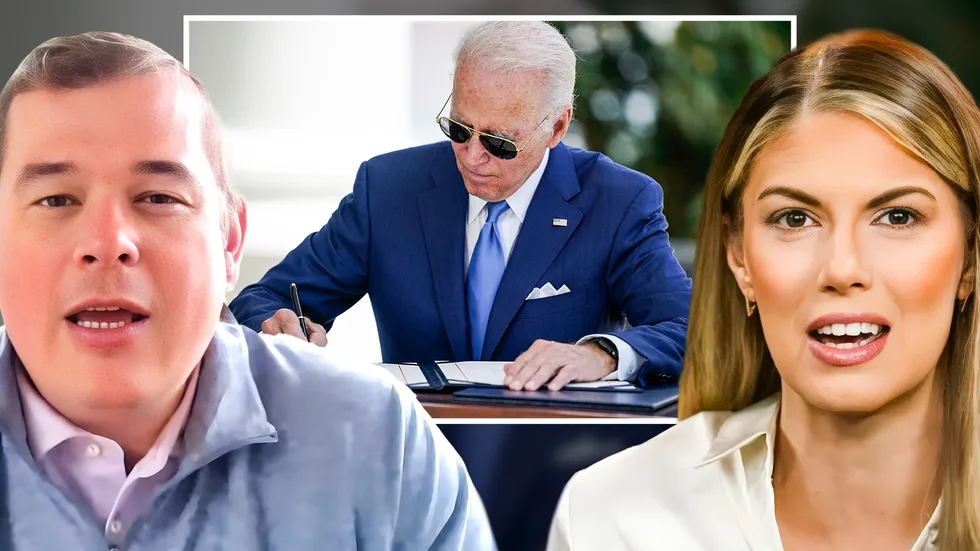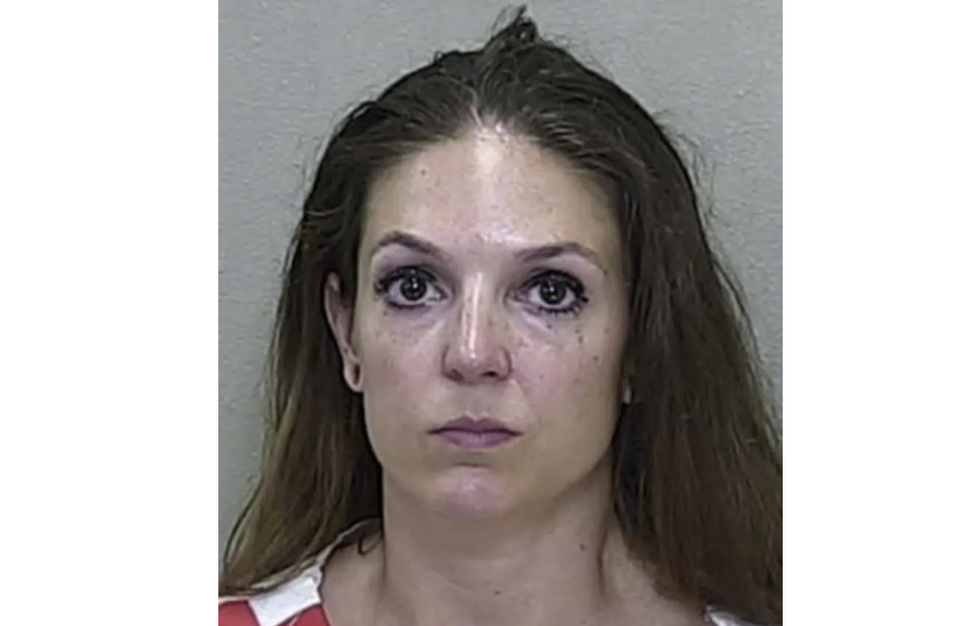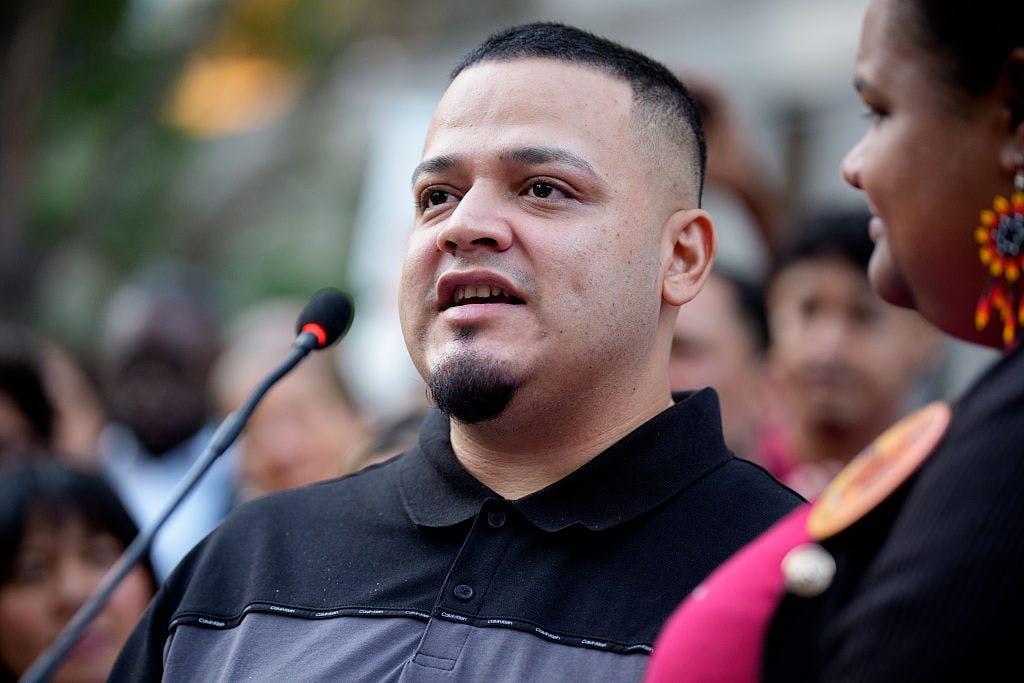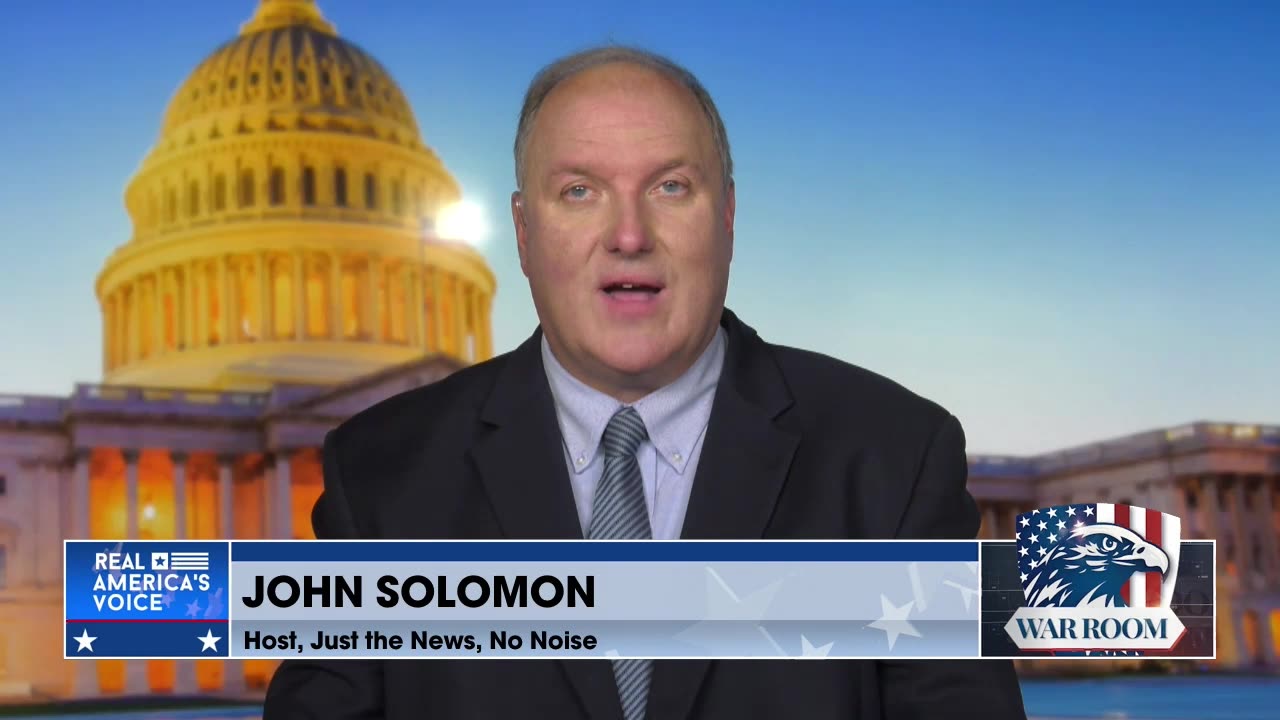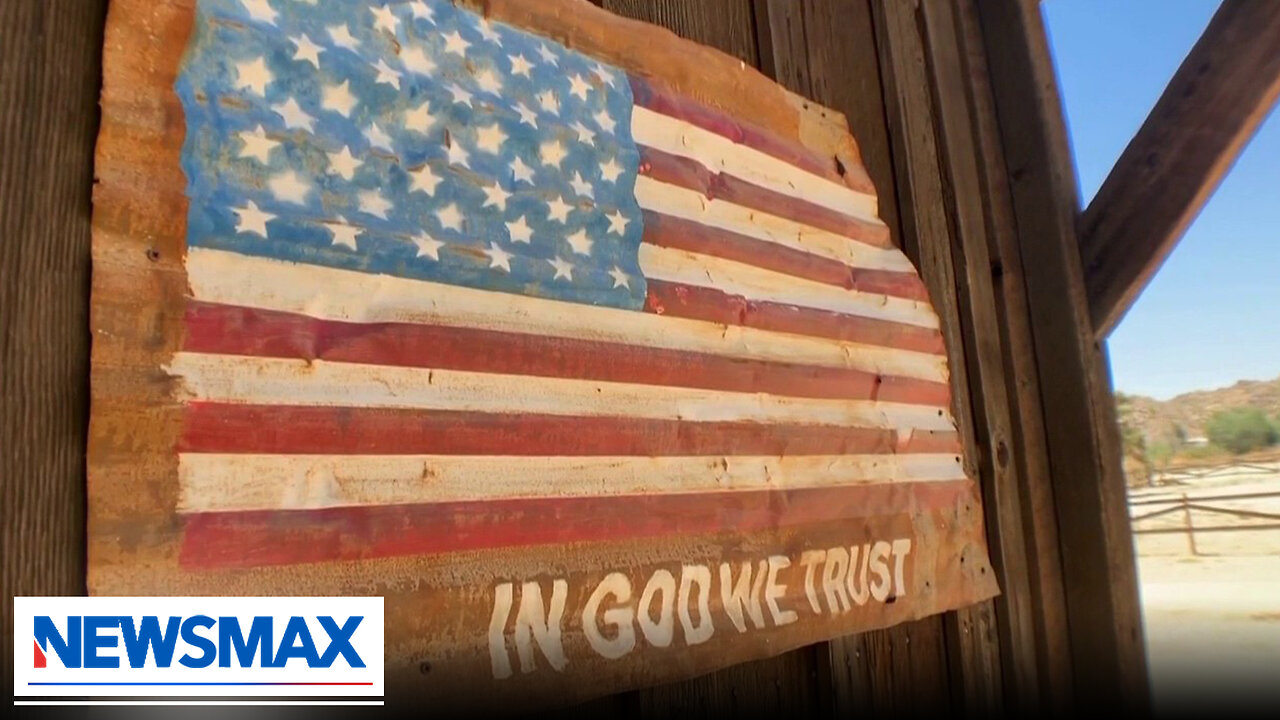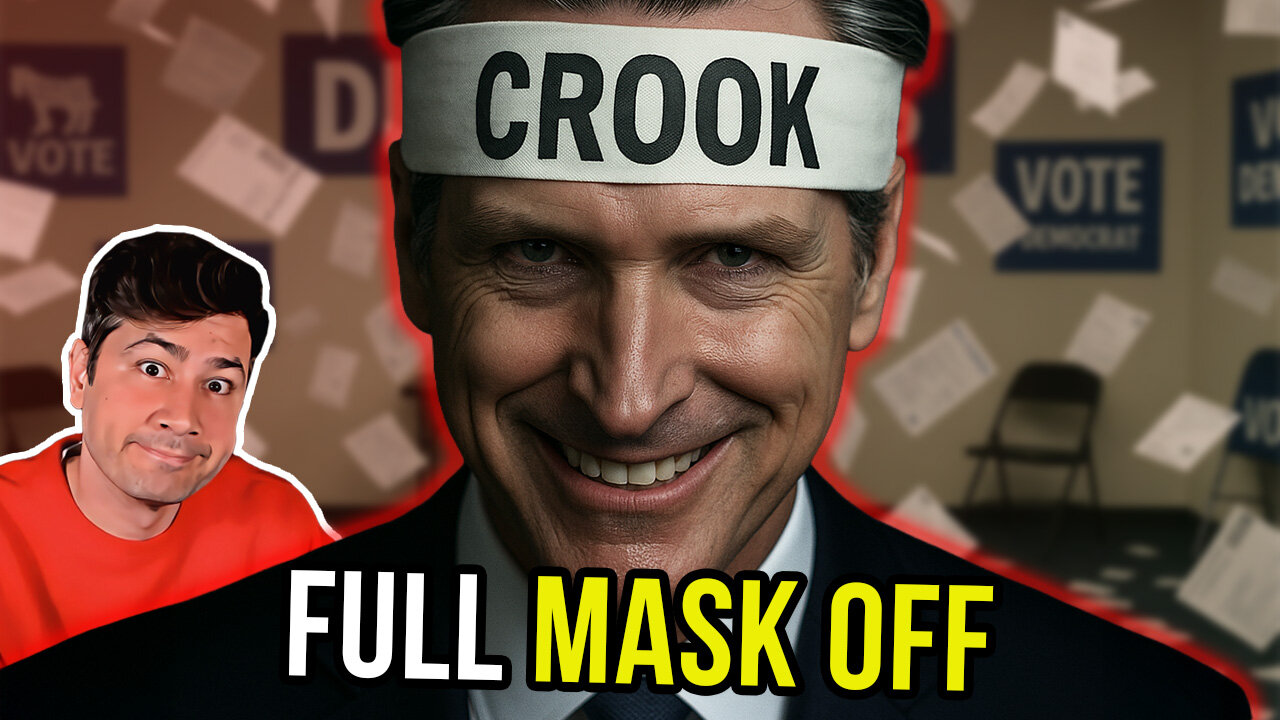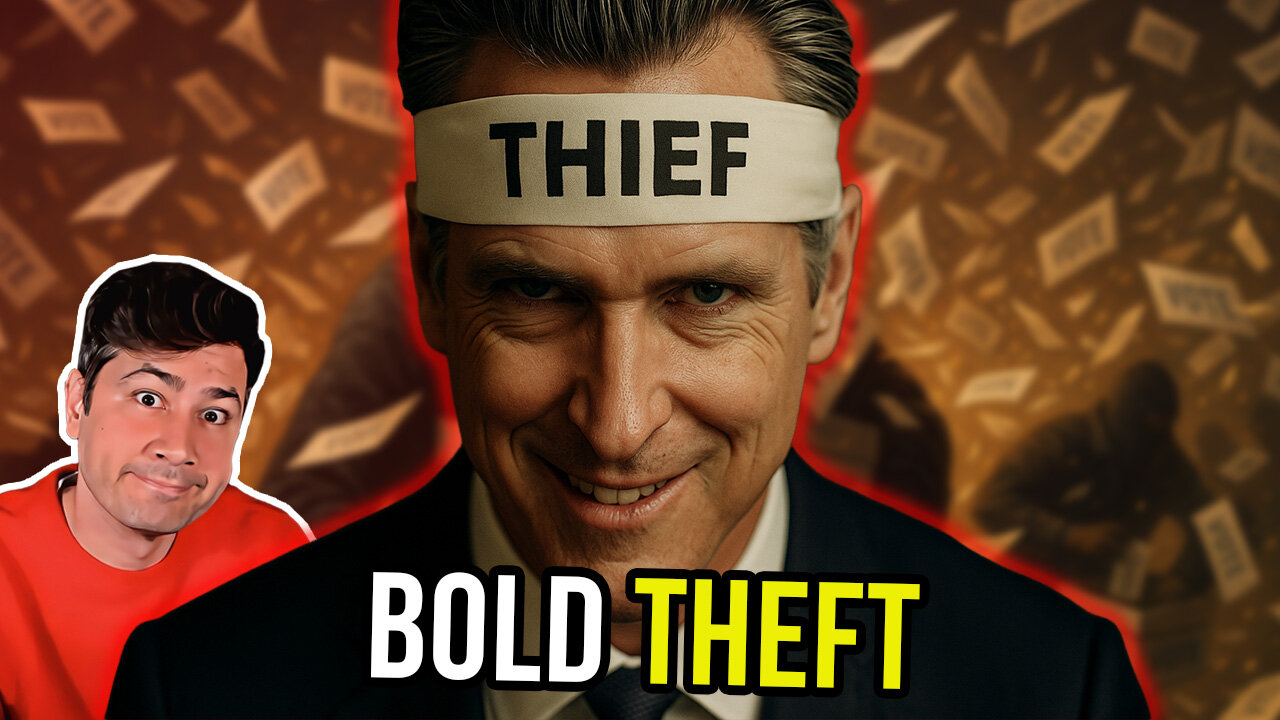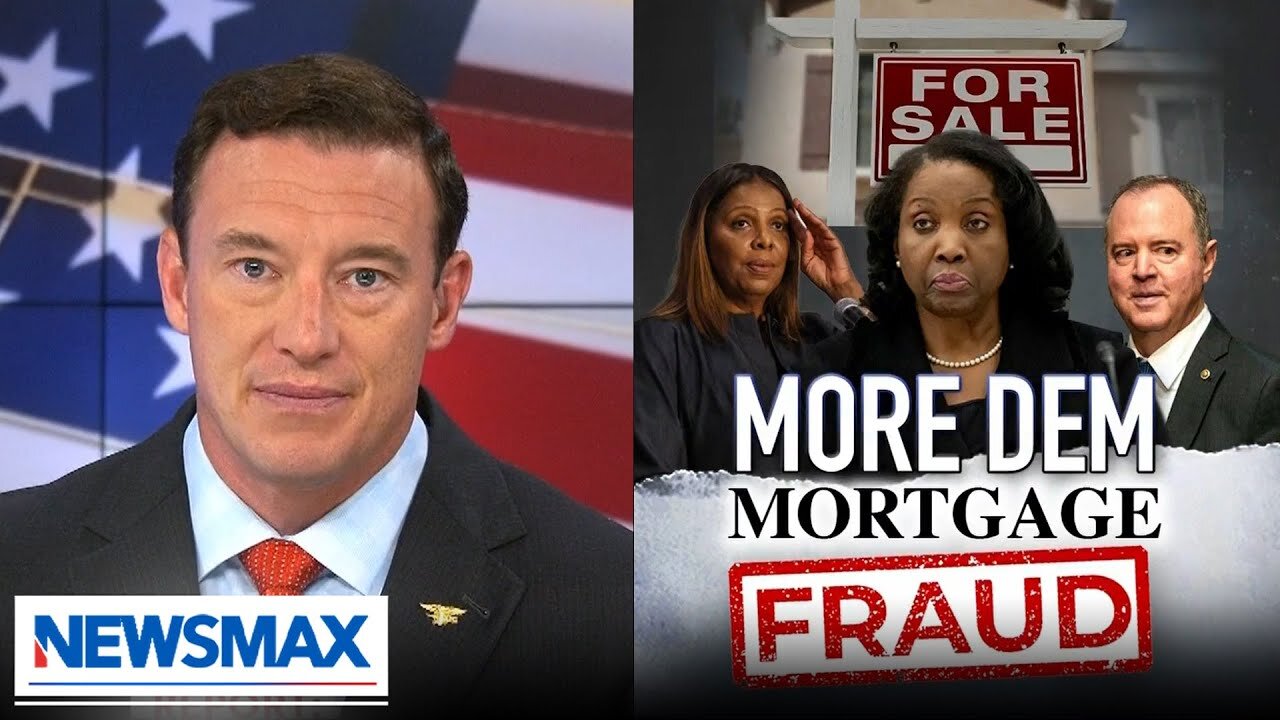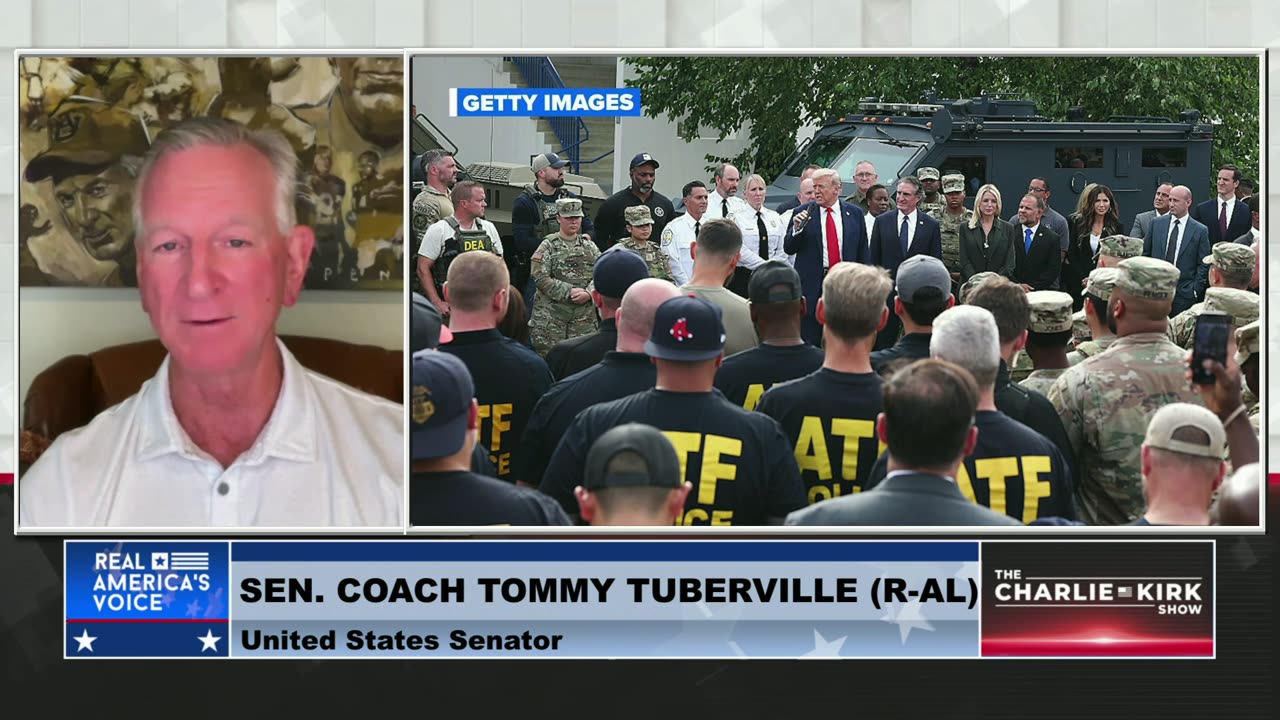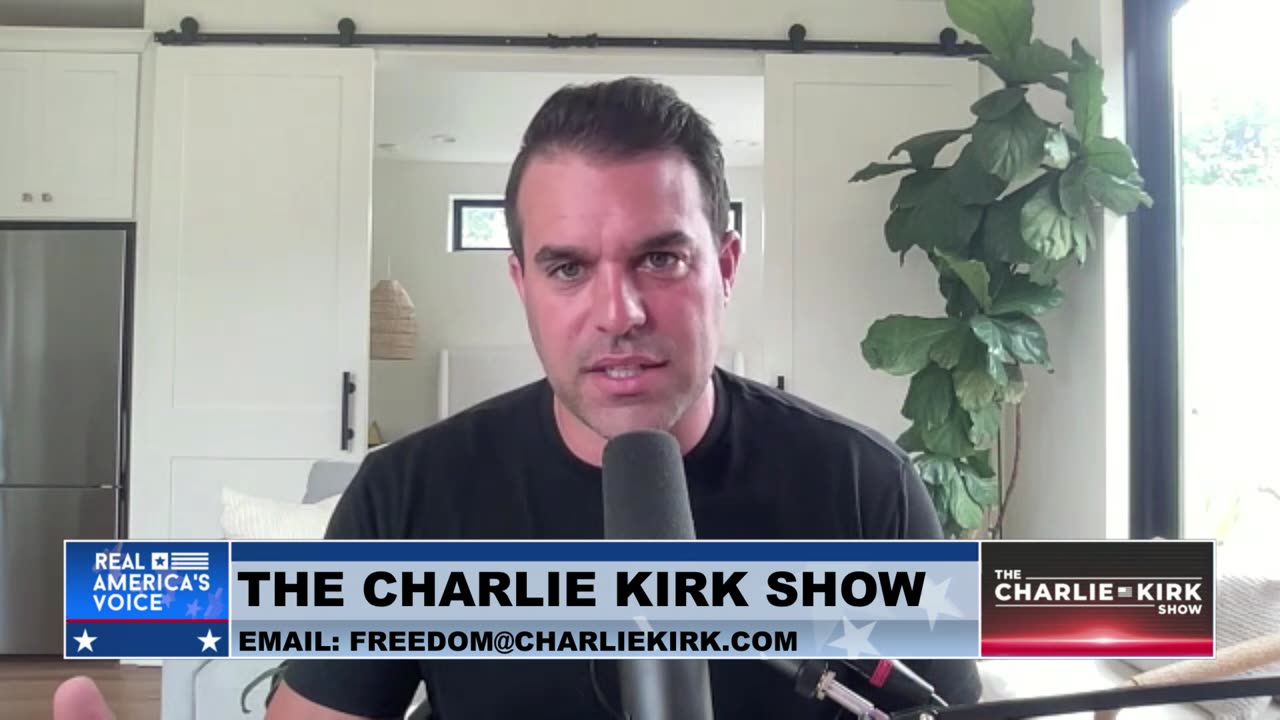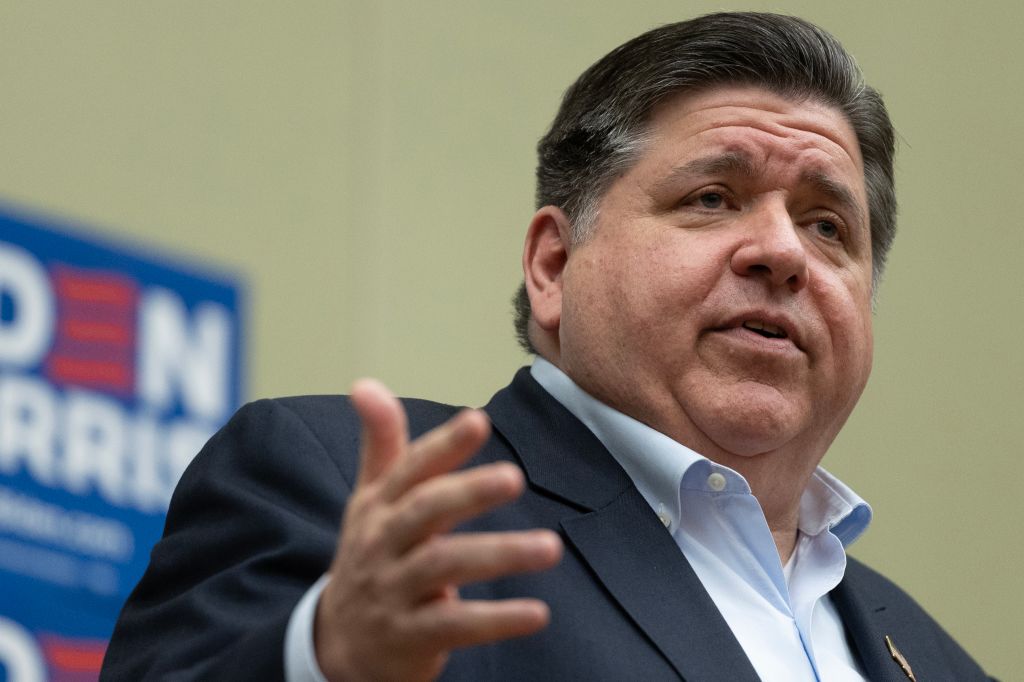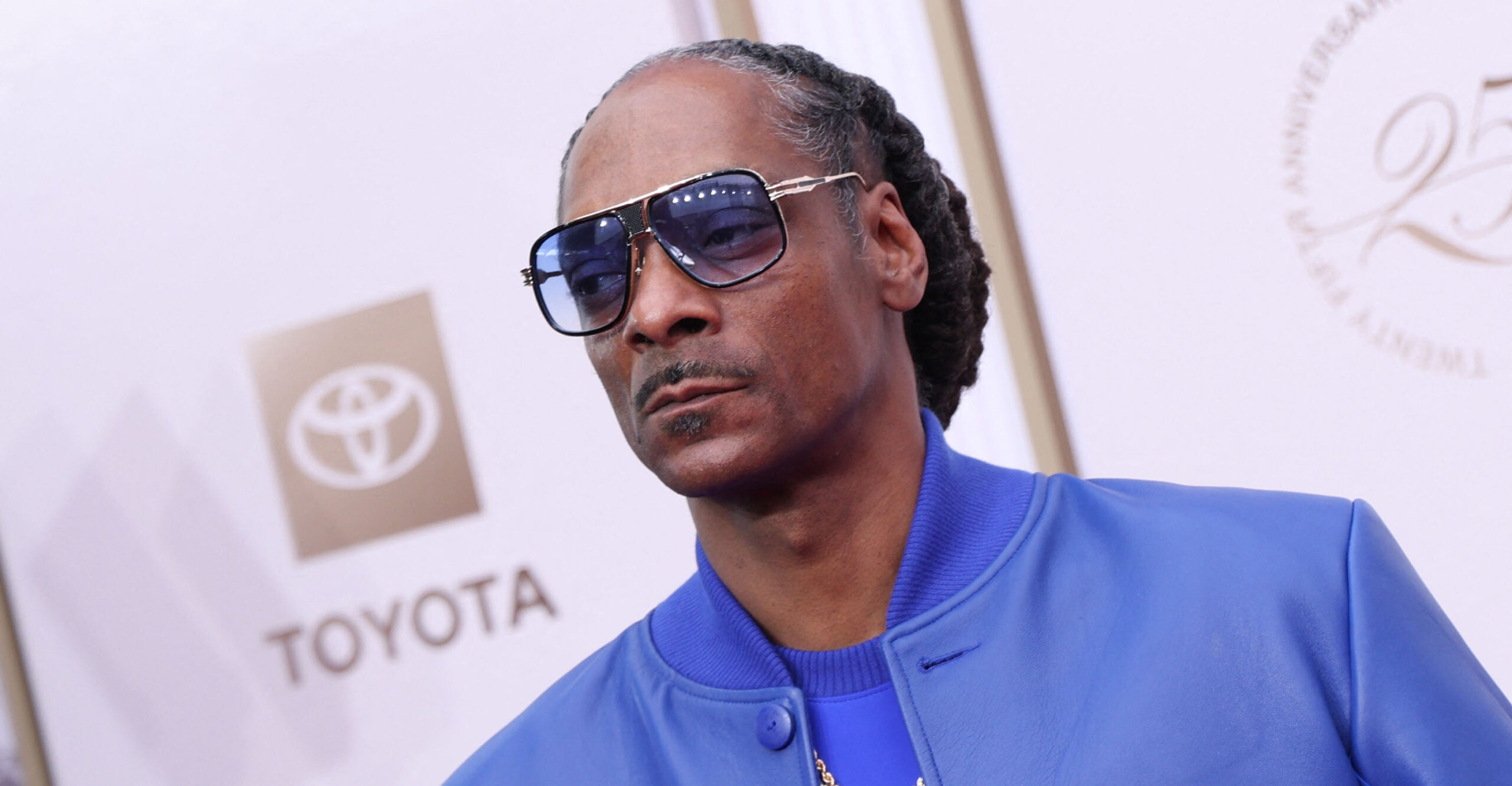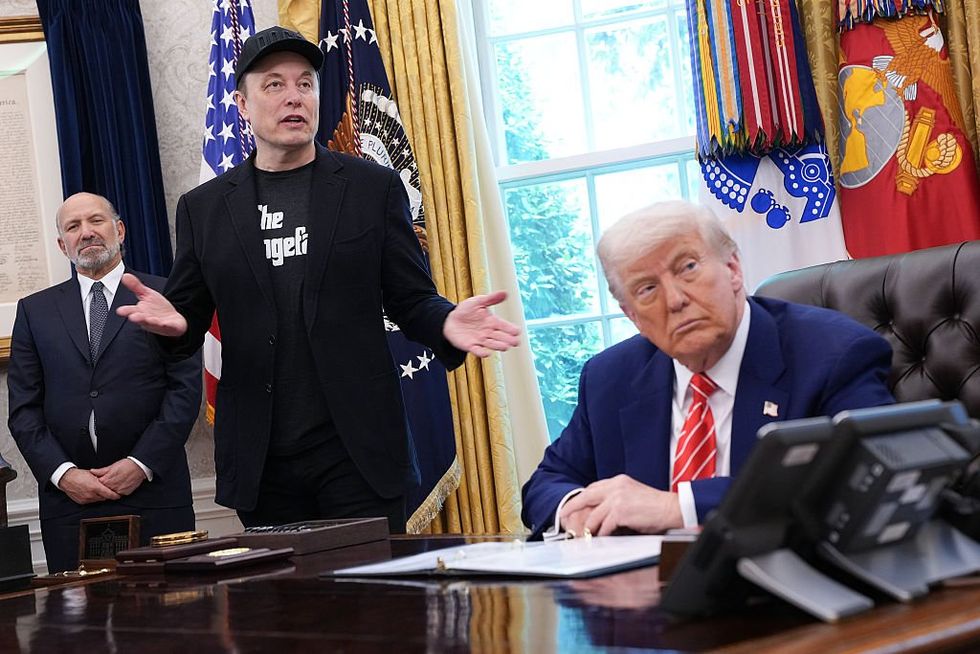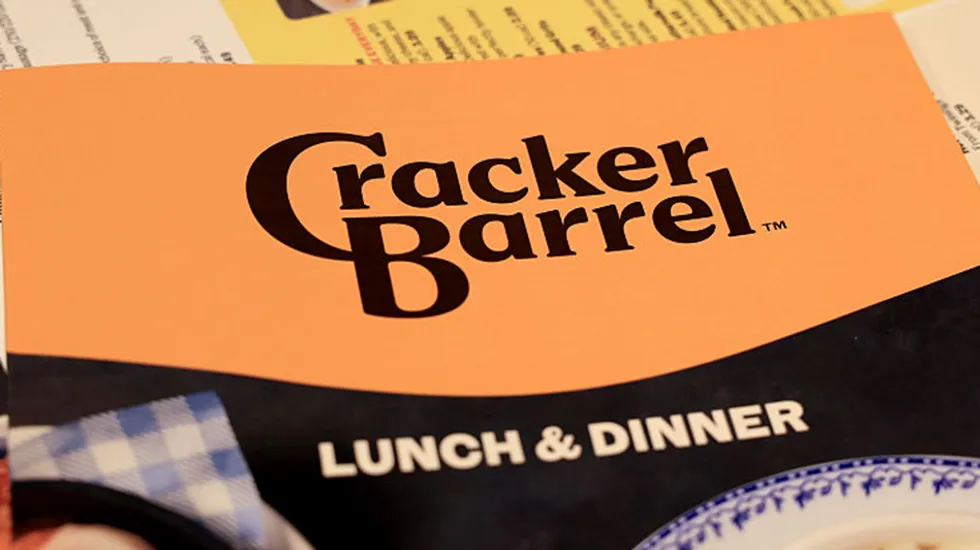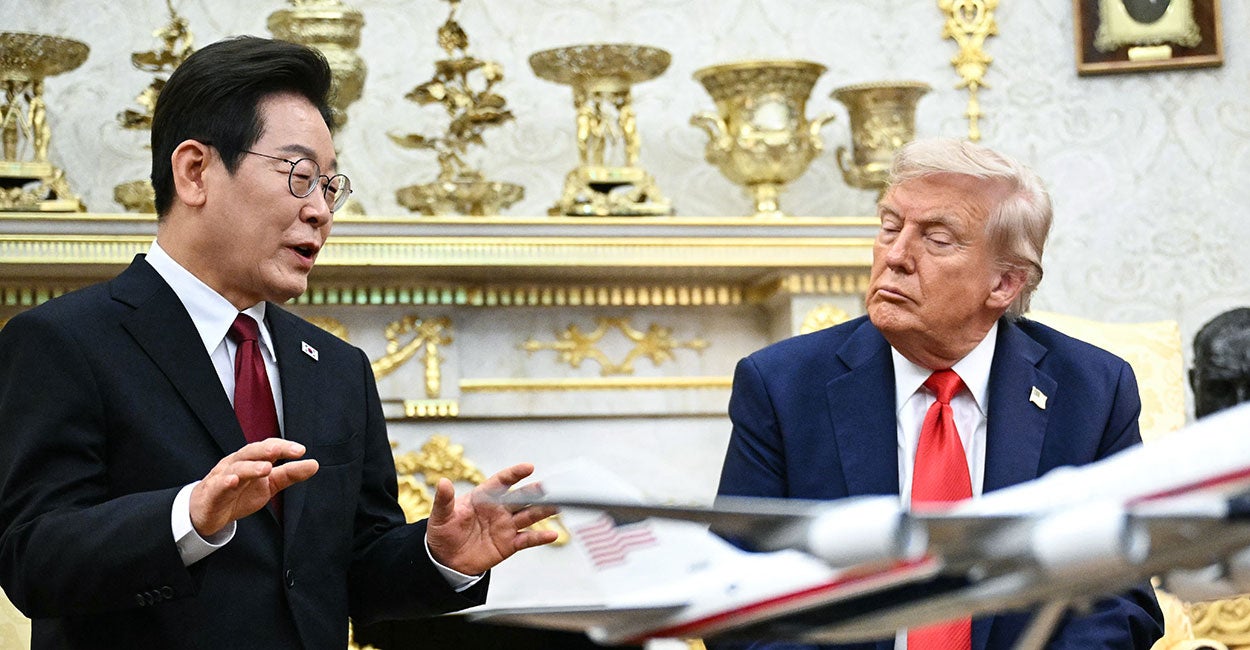Liberal Bias Tarnishing What Was Journalistic Gold Standard of ‘60 Minutes’
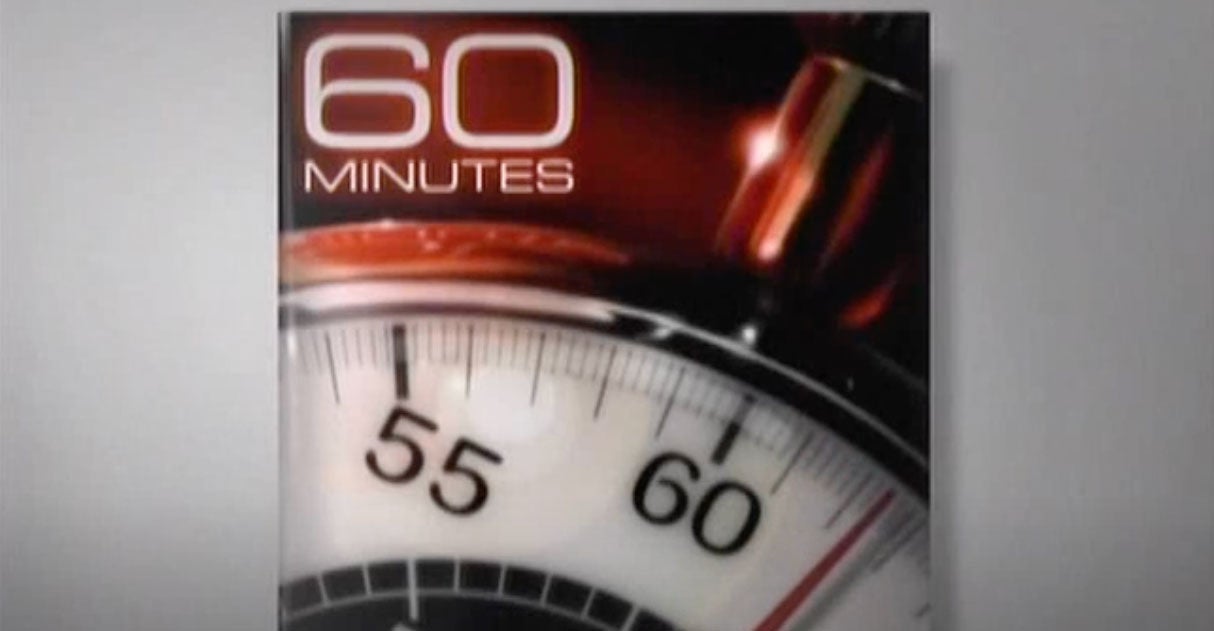
There was a time, not all that long ago, that CBS’ “60 Minutes” was widely regarded as the gold standard of broadcast journalism. Regrettably, not so much anymore.
With the luxury of being able to do long-form, in-depth reporting, rather than the typical mainstream media hit-and-run headline-and-sound bite journalism, “60 Minutes” could and did present thorough, thoughtful, and evenhanded reports on controversial topics.
It still does from time to time, notably just two months ago on Dec. 15, when it aired a pair of riveting reports: One about life in post-Assad Syria, now that it’s no longer under the boot of deposed dictator Bashar Assad; the other exposing how artificial intelligence-powered dark-web sites are enabling the deepfake “pornification” of photos of teenage girls.
Those reports represent what journalism could be—and should be.
But in the past several years, “60 Minutes” has all-too-often aired reports with a left-wing bias nearly indistinguishable from what you would find on MSNBC.
This past Sunday night, for example, correspondent Scott Pelley narrated a 13-minute segment, titled “28 Days,” about the first four weeks of President Donald Trump’s second term.
The show’s opening tease—with its trademark stopwatch ticking, in this case almost as if it was a time bomb—previewed the ominous tone of the report this way: “It’s too soon to tell how serious President [Donald] Trump is in defiance of the Constitution, but in just 28 days, he’s reinterpreted the 14th Amendment and closed agencies that Congress mandated by law.”
It was all downhill from there, beginning with two federal contractors lamenting how they had been dismissed with little notice from their jobs at the U.S. Agency for International Development. USAID was the first federal department to be targeted for downsizing and ridding of waste by Trump and Elon Musk’s Department of Government Efficiency.
But Pelley devoted not so much as a single word to the widely publicized list of USAID programs that have squandered hundreds of millions of dollars on wasteful and fraudulent programs abroad, many of them promoting radical DEI and LGBTQ+ agendas. He then doubled down by letting leftist Georgetown law professor Steve Vladeck dismiss what he called Trump and Musk’s “claims of fraud” to be just “fig leafs” to mask a power grab on their part.
Pelley, a former “CBS Evening News” anchor also failed to identify one of the two distraught, dismissed USAID consultants he interviewed as Kristina Drye. Drye was a speechwriter for President Joe Biden’s USAID chief, Samantha Power—hardly an objective source.
Both were examples of blatant bias by omission.
It was clear that the “60 Minutes” producers and CBS had learned nothing from the lawsuit filed against them in late October by Trump, who sued over the program’s deceptive editing of its preelection interview of then-Vice President Kamala Harris.
Required by the Federal Communications Commission to release an unedited transcript and the raw footage of the Oct. 7 interview after Trump’s complaint, it was revealed it had been edited in such a way as to make Harris’ answers to correspondent Bill Whitaker’s questions sound more concise and coherent than they actually were.
Trump has sued CBS for $20 billion, accusing it of “partisan and unlawful acts of election and voter interference” intended to “mislead the public and attempt to tip the scales” of the Nov. 5 presidential election in Harris’ favor—albeit unsuccessfully.
All of that called to mind a masterstroke move by Trump four years earlier, when on Oct. 22, 2020, he released on Facebook his own 37-minute videotaped version of a highly contentious “60 Minutes” preelection interview ahead of its network airing three days later. That presumably was intended to preempt any chance of correspondent Lesley Stahl excerpting and presenting questions and answers out of context to make him look bad.
And that was hot on the heels of Stahl’s “60 Minutes” report two weeks earlier on Oct. 11, 2020, “Inside the Lincoln Project’s Campaign Against President Trump,” which portrayed the rabidly anti-Trump group of Republican-in-Name-Only (RINO) grifters in the most favorable light possible. CBS should have been required to file a report with the Federal Election Commission for what amounted to an in-kind contribution to Joe Biden’s campaign a little more than three weeks before the presidential election.
Then, on Nov. 8, 2020, just five days after Biden’s election, Whitaker’s report dismissive of Republican charges of voter fraud in Philadelphia was shameless in its one-sidedness and anti-Trump bias.
The liberal, pro-Democrat slant of “60 Minutes” has not been directed solely at Trump, however. On April 5, 2021, correspondent Sharyn Alfonsi presented a hit piece on Republican Florida Gov. Ron DeSantis, pointedly accusing him of a “pay for play” campaign contribution scheme involving state COVID-19 vaccination contracts.
The report was deceptively edited to omit almost all of DeSantis’ lengthy, detailed explanation at a news conference attended by Alfonsi, in which he thoroughly refuted the specifics of her accusation.
That detailed explanation wound up on the cutting-room floor at “60 Minutes,” but conservative podcaster Dave Rubin used video footage from The Florida Channel, which had carried the news conference live, to show how egregiously misleading Alfonsi’s report was.
It was another case of bias by omission.
Alfonsi’s attempted takedown of DeSantis contrasted sharply with a 12-and-a-half-minute glowing puff-piece profile of Sen. Angus King of Maine by correspondent Jon Wertheim that aired three months earlier on Jan. 10, 2021. King, now in his third term, claims to be an independent, but caucuses with Democrats and votes almost invariably in lockstep with the ultraliberal Democratic Party line, as I documented in great detail in this space on Feb. 5.
Nor is the liberal bias of “60 Minutes” limited to politicians it favors or disfavors.
Pelley’s Jan. 2, 2023, report on global warming (aka climate change) was apocalyptic in its hand-wringing. But he made no mention at all of the innumerable times the climate alarmists have been completely wrong in their prior doomsday predictions dating back to 1967, as Zerohedge.com painstakingly detailed in a report just two days earlier on Dec. 31, 2022: “2022, Same Sh**, Different Year: 55 Years of Failed Eco-pocalyptic Predictions.”
There are several other examples of the liberal bias of “60 Minutes” that I could have included here, but won’t, mostly for fear of belaboring the point. But we shouldn’t fail to mention then-correspondent Steve Kroft’s Dec. 11, 2011, softball interview with then-President Barack Obama.
It was Kroft’s seventh “60 Minutes” interview of the liberal Illinois Democrat in less than three years, and the program’s (at least) 11th since Obama first emerged on the national political scene in 2004. No other president has enjoyed that kind of “man crush” from Kroft or “60 Minutes” in its 57 seasons on the air.
It’s regrettable that “60 Minutes,” once the gold standard of broadcast news, has become liberal fool’s gold. The public’s trust in the legacy media as a whole has cratered, with an October 2024 Gallup poll showing just 31% of respondents expressing a “great deal” or “fair amount” of confidence in the media to report the news “fully, accurately, and fairly.” Some 36% of U.S. adults have no trust at all in the media, and 33% of Americans expressed “not very much” confidence.
As a result, more people than ever are getting their news from other sources, and that’s due in no small part to “60 Minutes.”
Originally published at The Washington Times
The post Liberal Bias Tarnishing What Was Journalistic Gold Standard of ‘60 Minutes’ appeared first on The Daily Signal.
Originally Published at Daily Wire, Daily Signal, or The Blaze
What's Your Reaction?
 Like
0
Like
0
 Dislike
0
Dislike
0
 Love
0
Love
0
 Funny
0
Funny
0
 Angry
0
Angry
0
 Sad
0
Sad
0
 Wow
0
Wow
0
